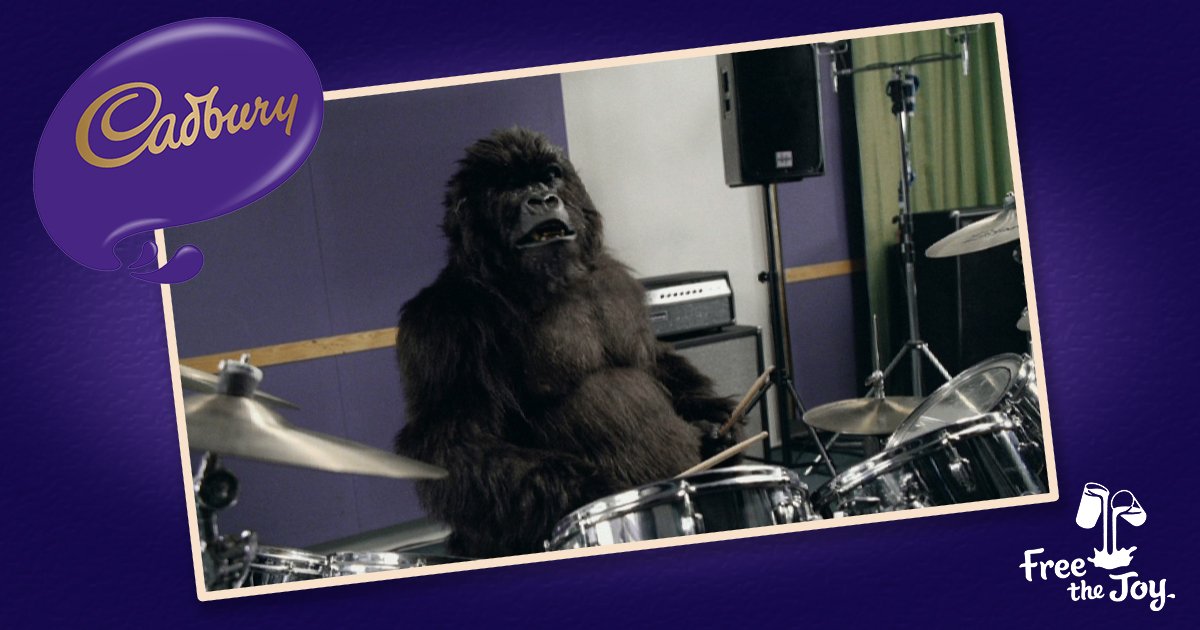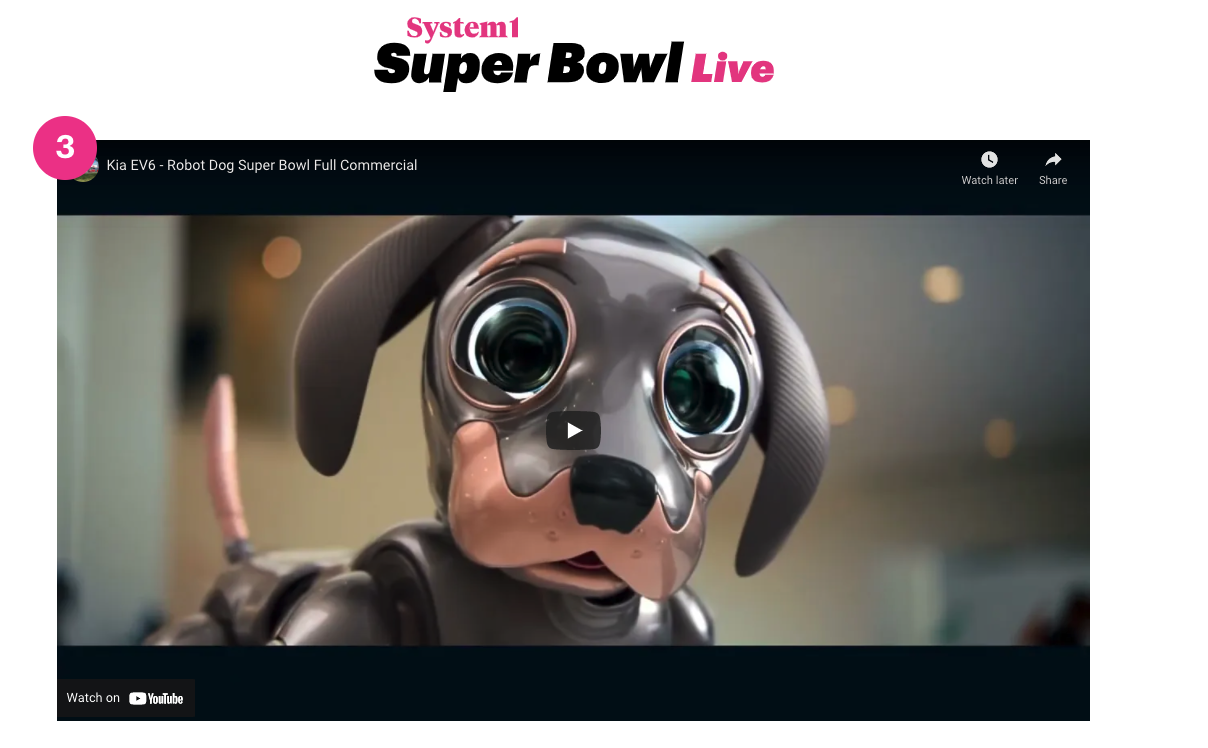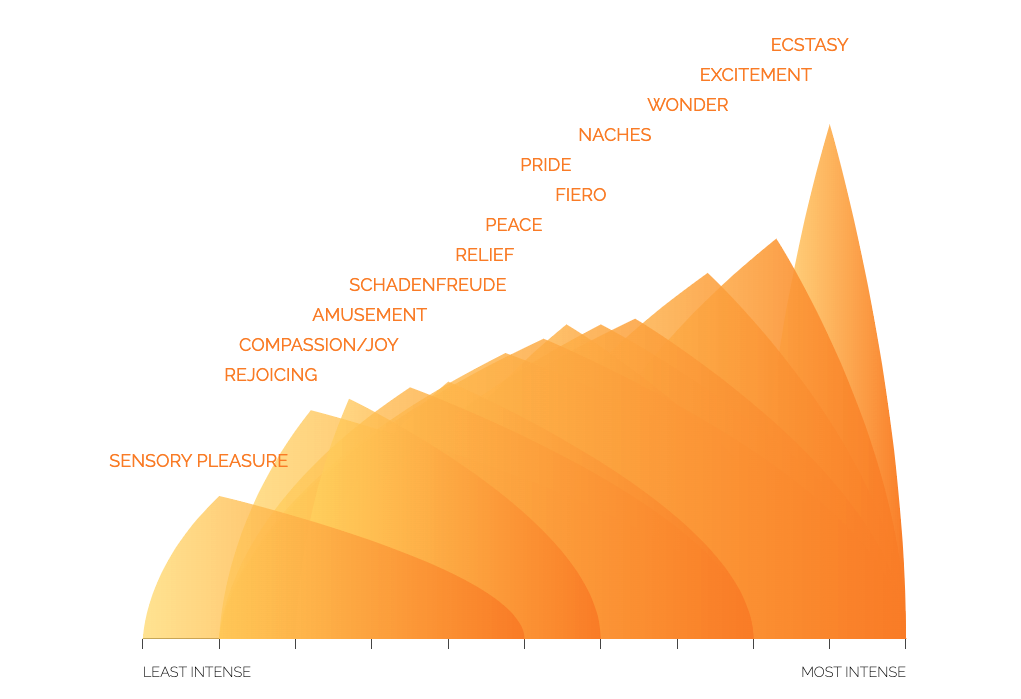3 min read
Honchō Scoops Up Two UK Search Awards!
It’s official, we've added not one, but two shiny trophies to our awards cabinet! We’re over the moon to share that we’ve triumphed at the UK Search...
Let’s play a quick game.
Any idea where I’m going with this?
If you’ve put 2 and 2 together hopefully you’ll have worked out that the reason you’ve remembered these adverts was that you had a strong emotional reaction to them.
This is the same with most of our memories in life; the ones that we remember most vividly are the ones that have a strong emotion connected to them.
Emotions make us remember.
Emotions make us buy.
Emotions make us form brand loyalty.
Emotions make us post reviews online (both positive and negative).
Emotions are what drive us, as humans, to make decisions.

What sparked this blog was an article I read on the BBC regarding technology that predicts if an advert will work or not. The article references Cadbury’s gorilla ad. Of course, you know the one. Who doesn’t?
Anyway, the advert was left, ready to go, at Cadbury’s for nine months before it was released as the Cadbury bosses thought it would fail. However, a senior member of the marketing team used some technology created by System1 to predict the success of an advert based on emotional responses.
They predicted it would be a hit. And guess what? IT WAS!
It became one of the best ads in Cadbury’s history.
How many other Cadbury ads do you remember as well as this one?
Maybe the eyebrows one? That was absolutely brilliant too!
System 1 analysed the Superbowl ads as they aired this year and here are the top five.

So, from System1’s POV, why does the Jurassic Park advert work so well?
1) Dinosaurs (duh) – happiness peaks when we see a herd racing across the prairie because dinosaurs are inherently cool (ask any 4 – 6 year old).
2) Nostalgia – when the original Jurassic Park cast members show up the audience love it, they remember their childhood.
Combined, these leave Jurassic Park as the apex predator of Super Bowl trailers, leaving the much-hyped Lord Of The Rings effort in the dust.
Now from my POV, my favourite ad was the Robo Dog KIA advert. It evoked a huge range of emotions for me with hope being the most prominent. I was fully invested in the little dog having a happy ending.
Regardless of whether the dog was a robot or not, it’s in our human nature to want to care for the young and innocent. Five stars from me.
Right, let’s move on. Now you understand why emotions are so important in marketing, let’s have a look at how you can become an emotion centred marketer.
1. Educate yourself on the human brain; System 1 vs System 2
Quick summary of this: System 1 is the fast-thinking part of our brains and system 2 is slow-thinking. System 1 is impulsive, automatic and intuitive. System 2 is thoughtful, calculating and deliberate.
Ever had an internal struggle? This is system 1 vs system 2.
Many marketers believe consumers buy and act in accordance with system 2, but this is mainly false. It’s a system 1 world out there with the majority of decisions being quick ones.
2. The more people feel, the more people buy
Although there are many theories on emotion, Psychologist Paul Eckmanidentified six basic human emotions in the 1970s: happiness, sadness, disgust, fear, surprise, and anger. All of which can be easily identified by facial recognition.
Eckman later expanded on these six core emotions to include amusement, contempt, contentment, embarrassment, excitement, guilt, pride in achievement, relief, satisfaction, and shame.
Having an understanding of all of these emotions and how they could affect consumers buying potential can help you advertise with emotions as a key component.
I also found this fantastic tool online called Atlas of Emotions to help you understand the six core emotions followed by their sub set of emotions. And Here’s a YouTube video on the Atlas of Emotions with Dr. Paul Ekman and Dr. Eve Ekman.

3. Sell the sizzle, not the steak
Understanding the result or outcome your consumers want will help you create campaigns around emotions. You want to focus on the emotional response a consumer will feel when using your products. Sell the lifestyle. Sell the feelings. Sell the results.
Another little task:
Think about the last thing you bought and quickly mock up an advert for it. (This can be in your head)
Now think about why you bought it?
What was your desired outcome from the product?
What emotion comes up when you think about that product?
Now design an advert with that emotion in mind.
How different were the two, and which advert do you think would’ve made you buy?
So now, hopefully, I’ve created a spark in your head that’s going around quicker than a hamster in a wheel.
What do you feel is more important, showcasing your product or making a memorable, emotional advert?
So, how does this really apply to marketing?
Content comes in many forms but the principle remains the same when thinking about creating it. Start by having an outcome you want to achieve.
For us at Honcho, we have an in-house content team who generate content that will not only help, support and interest the readers, but they consider the emotional impact content may have on a reader.
Understanding how the reader will feel afterwards can support the UX and CTAs we put in place.
If your content isn’t delivering the results you want, consider hiring a specialist content team.
What makes someone click a link or headline?
What makes people read an article to the end?
What makes people share online?
You guessed it, emotions make us take action.
And if you’re using Digital PR to create awareness for your brand, you need to create campaigns that arouse emotions in your readers.
Last month our Digital PR team created a campaign that sparked so much excitement in the readers that it generated over 85,000 visits to our client’s site, over 5,000 applications, and thousands more email enquiries asking about their business.
SEO is so powerful. Did you know that it is estimated that there are 5.6 billion Google searches per day? (Side note: I really do hope you’re making the most of that. Your customers are 100% Googling questions that you could provide the answer to).
SEO experts can search, find, and highlight the most used terms that trigger an emotional response, and they use this data in everything they do.
I really do think I’ve covered that topic enough. However, if I haven’t, reach out to me because emotions are probably one of my favourite subjects.
But one last thing to think about, if I haven’t already given you enough, if you told your friends down the pub, would they tell someone else or forget about it?
That’s a great way to see if something resonates or sparks that emotional thought.
I hope you loved reading this as much as I loved writing it.
You’ll find me here if you need me and if you need Honcho, we’re all here for you too.

3 min read
It’s official, we've added not one, but two shiny trophies to our awards cabinet! We’re over the moon to share that we’ve triumphed at the UK Search...

5 min read
Understand ecommerce attribution models which attribution models can maximise your marketing efforts and ROI.

3 min read
Explore how social commerce is changing the way we shop online, blending social interactions with digital commerce for a seamless buying experience.